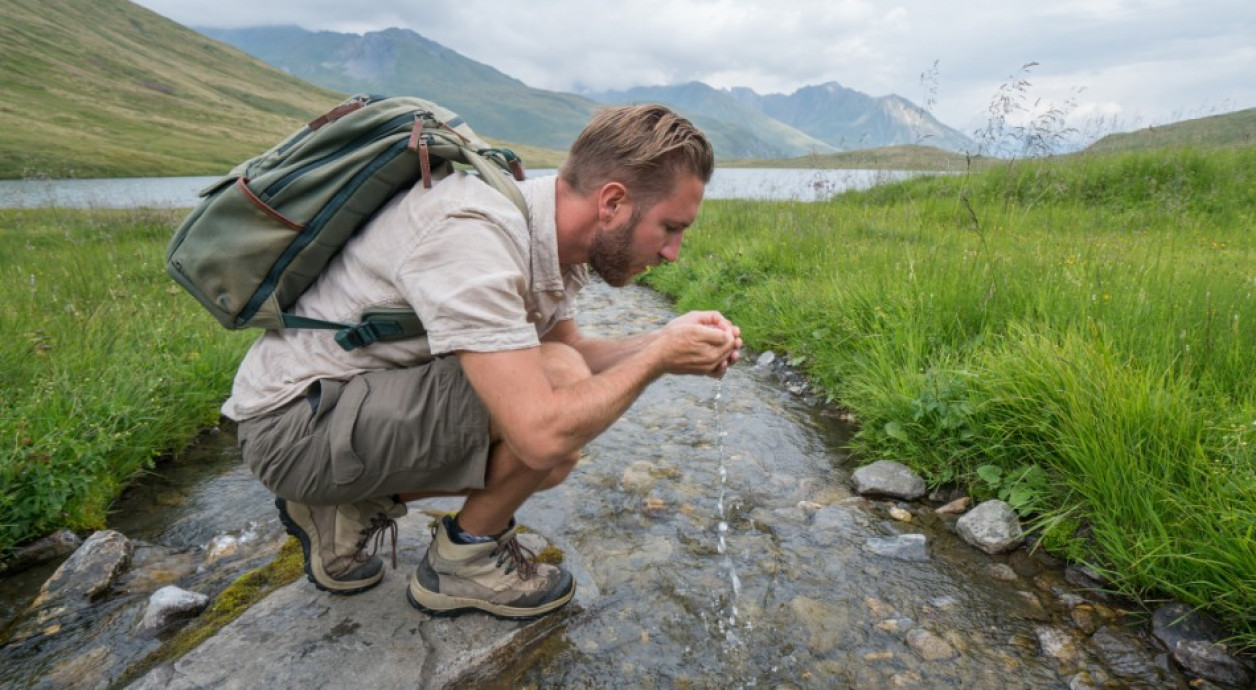
Public health authorities are warning of a significant increase in cryptosporidium cases across Aotearoa New Zealand.
Since the start of 2024 until 8 March, there have been 262 cases across Aotearoa New Zealand notified to public health services, compared to a 5-year average of 81 cases over the same time period.
So far this year, 83% of cases have been among people living in urban areas, primarily within Auckland, the Waikato, and Canterbury.
What is cryptosporidium?
- Cryptosporidium (commonly called crypto) is a parasite found in the gut of infected people and animals.
- It's widespread in Aotearoa New Zealand. The parasites can live in the environment for long periods, especially in water in lakes, rivers, streams and roof water.
- People infected with crypto usually get symptoms of gastroenteritis, eg, smelly, watery or runny poo. Some people can get very sick from crypto.
- People and animals can carry and spread the infection even if they don’t have symptoms.
To protect yourself from cryptosporidiosis and prevent others getting it:
- practice good hand hygiene
- ensure children with diarrhoea symptoms are kept away from school or early learning services for at least 48 hours
- stay away from swimming pools, splash pads and other recreational facilities for at least 2 weeks after experiencing diarrhoea symptoms
- check recreational water quality monitoring websites regularly.
Healthcare providers and public health services across the motu have been asked to complete case reports for crypto cases. The National Public Health Service has also increased disease surveillance across the country to closely monitor crypto notifications and the spread of the disease.
Note: if you have cryptosporidium you can continue to spread it for up to 2 weeks after other symptoms have resolved. So it's particularly important that you stay away from recreational swimming facilities for at least 2 weeks after having diarrhoea.
A similar situation is occurring in Australia, and it's suspected the increase is linked to the recent warmer climate and increased rates of recreational swimming. There's no risk from public drinking water supplies.
For more information, visit: Cryptosporidiosis – Health New Zealand | Te Whatu Ora

